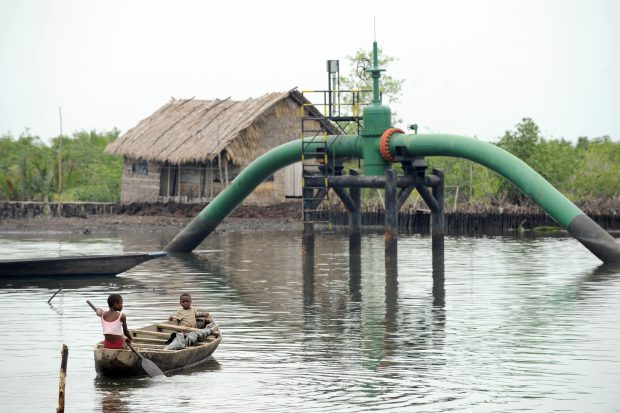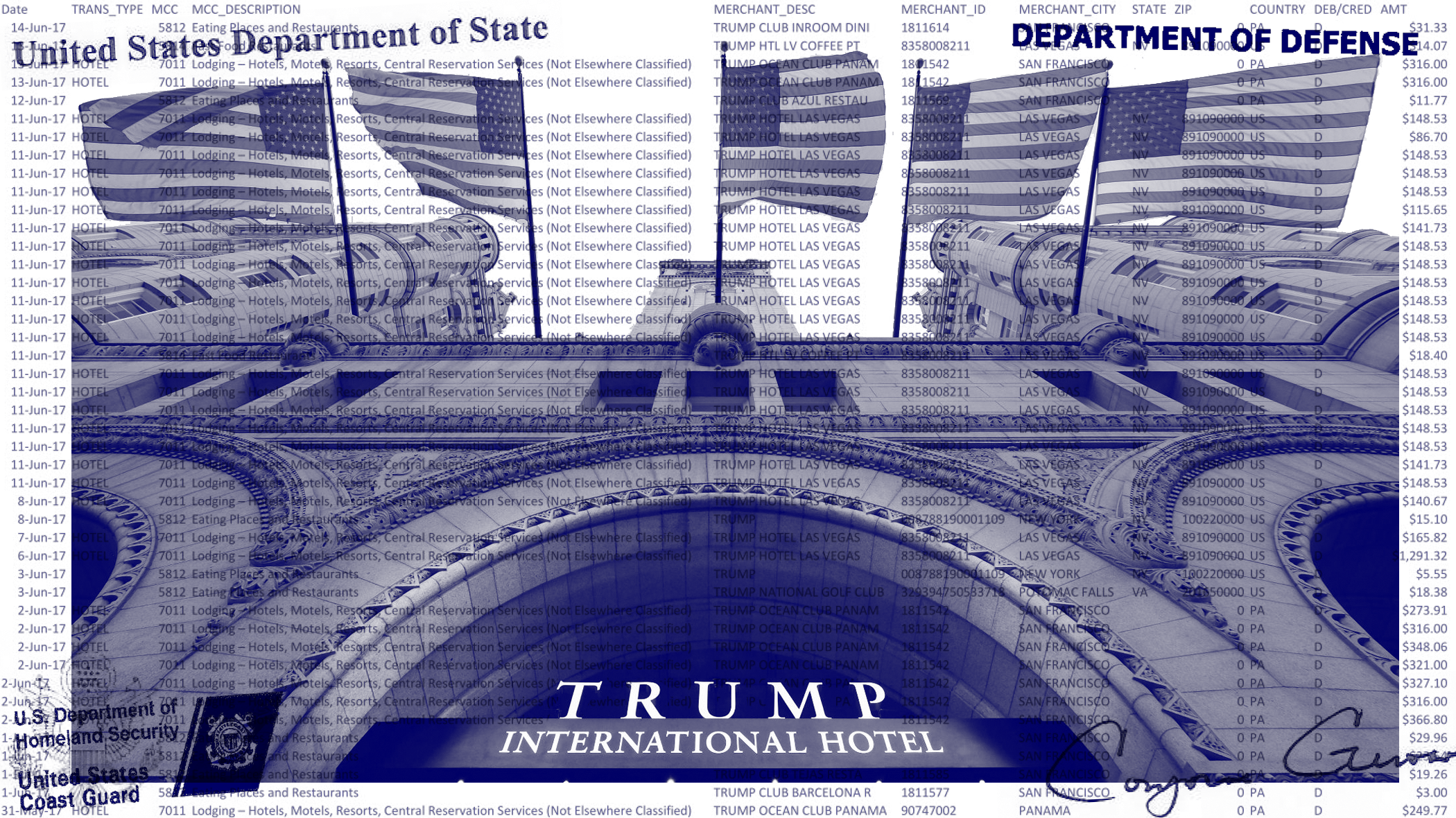Washington, DC — Today’s vote by the Republican-controlled House of Representatives to undo a rule designed to stop corruption in the oil industry poses a grave threat to U.S. national security, said Global Witness today.
The oil industry is the most corrupt on the planet, according to the OECD. Yet today the House of Representatives voted through a resolution to void the rule implementing the bipartisan Cardin-Lugar anti-corruption provision, which requires oil, gas and mining companies to disclose details of the hundreds of billions of dollars they pay to governments across the world in return for rights to natural resources.
“Make no mistake – this vote by the Republican-controlled House works in favor of corruption and against core American democratic values. The law under threat exists to deter U.S. listed oil, gas and mining companies from cutting secretive deals with corrupt regimes, tyrants and dictators all over the world – undoing it threatens our national security,” said Corinna Gilfillan, Head of U.S. Office at Global Witness.

“Rex Tillerson led efforts to undermine this law as ExxonMobil CEO, while many of the politicians in the House who voted to gut it receive money from the oil companies who have benefited from these secret deals. Now on the same day that the House voted to undo this provision, the Senate has confirmed Tillerson as Secretary of State – we have a pro-bribery House and Trump administration doing the bidding of big oil.”
This comes just days after Nigeria’s anti-corruption law enforcement agency seized a billion dollar oil block from Shell and Eni during a corruption investigation. Had the U.S. anti-corruption rule been in place in 2011, this crooked deal would never have gone through, leaving the companies’ investors and the Nigerian people much better off. The deal itself deprived Nigeria’s people of a sum worth 80% of its 2015 healthcare budget. Given that the block in question is estimated to hold as much as 9.23 billion barrels in probable reserves, investors face substantial losses from a backroom deal they knew nothing about.
One of the 1st Obama rules Rs aim to roll back makes oil firms disclose $$ they give foreign govts https://t.co/eBwuVleAx4 @StevenMufson
— Juliet Eilperin (@eilperin) February 1, 2017
Global Witness recently highlighted how a questionable oil deal between ExxonMobil and the Nigerian government is currently being investigated by Nigerian law enforcement.
Don’t look now, but Congress is about to repeal an anti-corruption rule for oil & mining. @robbiegramer reports https://t.co/BMnuMQqBpt pic.twitter.com/NmcH2M65o8
— Foreign Policy (@ForeignPolicy) February 1, 2017
The Senate is expected to vote on a similar resolution as early as tomorrow. The news follows President Trump’s signing of executive orders designed to force through the environmentally devastating Keystone XL and Dakota Access pipelines last week.




